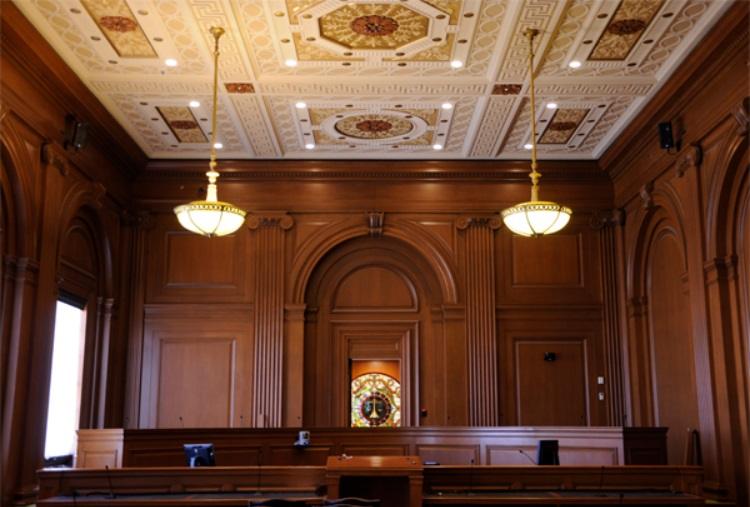
U.S. Court Pauses Implementation of California Climate Reporting Law

A U.S. appeals court issued an injunction pending appeal on Tuesday halting the implementation of a new California law that would require thousands of U.S. companies to report on climate-related financial risks, just weeks prior to the law’s first mandated disclosures.
The court did not, however, agree to a request to halt another law requiring companies to report on their greenhouse gas (GHG) emissions, which is set to come into effect later in 2026.
The decision comes in response to a request by the U.S. Chamber of Commerce, which has been actively attempting to have the courts strike down the laws on constitutional grounds, arguing that the new rules would violate the first amendment by compelling businesses to engage in subjective speech.
The new laws, SB 261 and SB 253, were approved by Governor Newsom in 2023, and signed into law in October 2024. SB 261 applies to U.S. companies that do business in California and with revenues greater than $500 million to prepare a report disclosing their climate-related financial risk, as well as measures to reduce and adapt to that risk. SB 253 requires companies with revenues greater than $1 billion that do business in California to report annually on their direct Scope 1 and 2 emissions, and Scope 3 value chain emissions, including those associated with supply chains, business travel, employee commuting, procurement, waste, and water usage.
The new laws will introduce climate-related reporting requirements for most large companies in the U.S., even as other climate disclosure regulations, such as the SEC’s climate reporting rule, appear increasingly less likely to be implemented. The California Air Resources Board (CARB) recently issued a preliminary list of more than 4,000 U.S. companies likely to be required to comply with the new climate reporting laws.
Prior to the new injunction by the Ninth Circuit appeals court, the first climate-related risk reports were set to be published by January 1, 2026. Disclosures of Scope 1 and 2 emissions under the new law is scheduled to begin in August 2026, covering the previous fiscal year, while Scope 3 emissions reporting will begin in 2027.
The new ruling denied the request to halt SB 253, but will pause the implementation of SB 261 pending the outcome of an appeal, which is currently scheduled for January 2026, which would have come after the first SB 261 reports, but still several months prior to the beginning of reporting under SB 253.
In a statement issued following the court’s decision, Daryl Joseffer, executive vice president and chief counsel at the U.S. Chamber of Commerce’s Litigation Center, said:
“The U.S. Chamber welcomes the Ninth Circuit’s decision to pause California’s unconstitutional climate disclosure law, pending appeal. Stopping this law before its January 1 deadline was critical to businesses and the protection of their First Amendment rights. We look forward to continuing our appeal and securing an injunction of both climate disclosure laws, which result in massive compliance costs for companies and their supply chains. One state should not have the ability to impose this kind of burden on the entire country.”